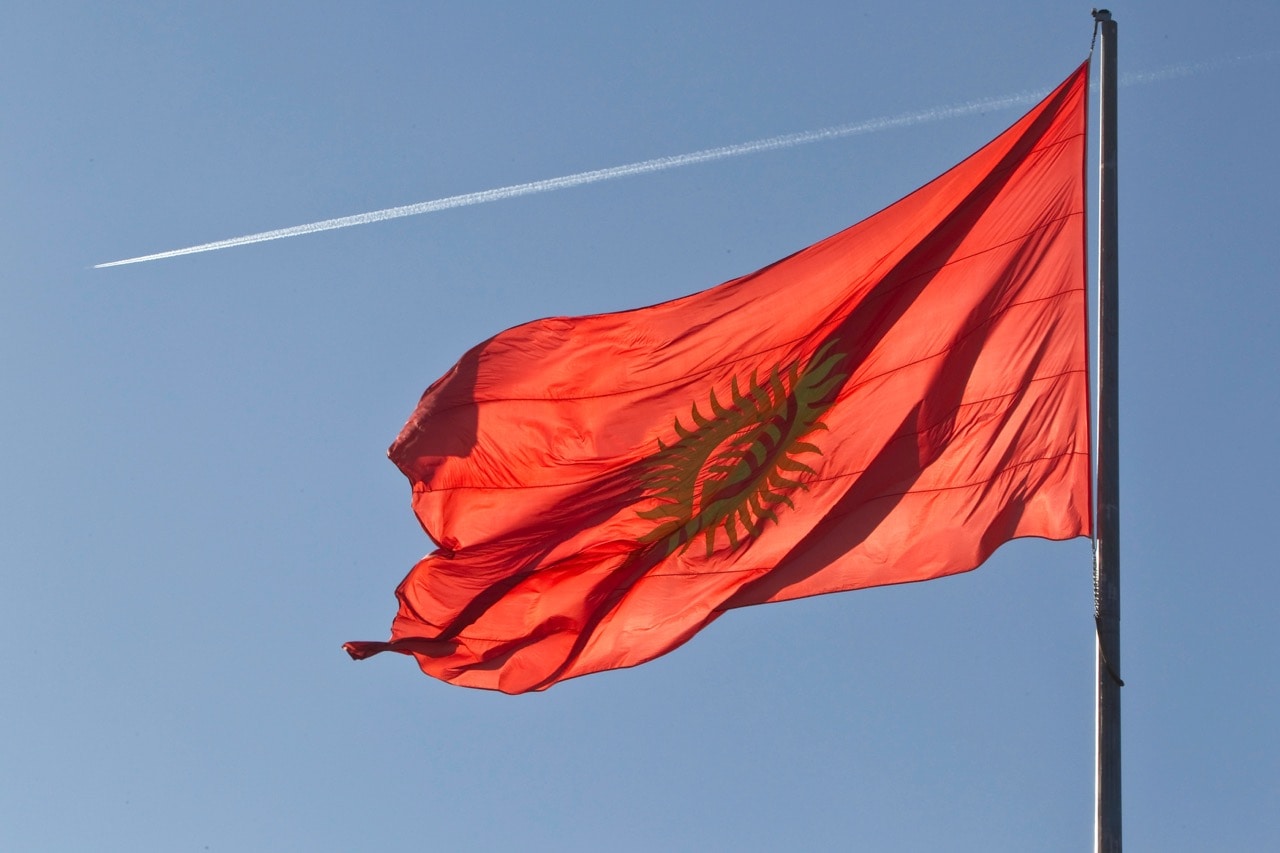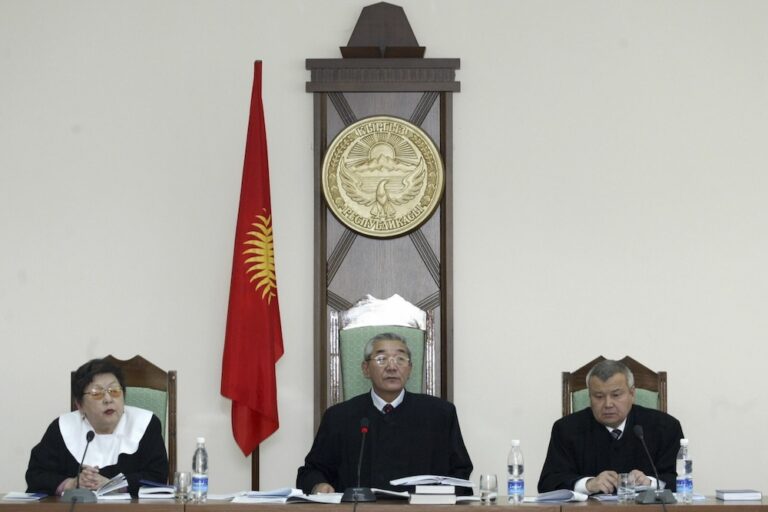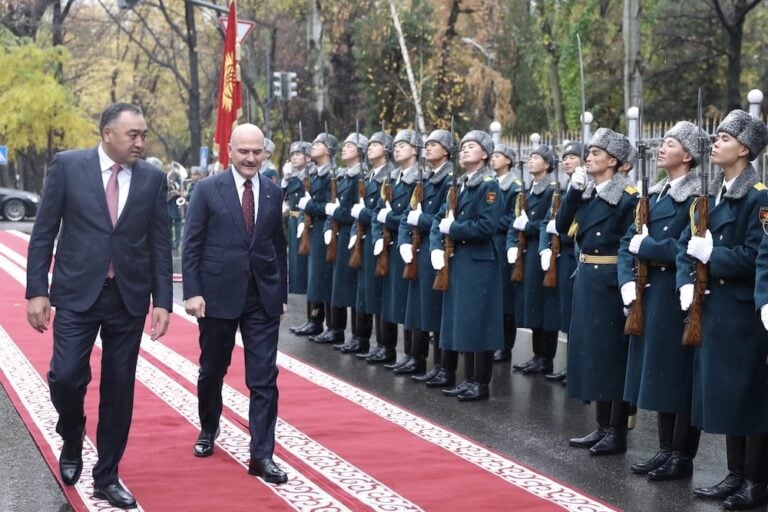RSF is appalled to learn that the Ferghana website can no longer be accessed in Kyrgyzstan as a result of court-ordered blocking, which it condemns as an unwarranted act of censorship unworthy of Kyrgyz democracy.
This statement was originally published on rsf.org on 13 June 2017.
Reporters Without Borders (RSF) is appalled to learn that the Ferghana website, one of the leading sources of news about Central Asia, can no longer be accessed in Kyrgyzstan as a result of court-ordered blocking, which it condemns as an unwarranted act of censorship unworthy of Kyrgyz democracy.
It was Ferghana’s Kyrgyz readers who told Daniil Kislov, the Moscow-based news agency’s editor, that they could no longer access the site.
Without informing Ferghana, a court in the Kyrgyz capital of Bishkek ordered the blocking on 8 June 2017 and Internet Service Providers Mega-Line and Kyrgyzetelecom began implementing the order.
Kislov said he would challenge the decision, which was neither notified nor explained to him. It is the second time that this independent news agency specializing in Central Asia has been blocked in Kyrgyzstan. It was first blocked in 2012 and remained so for a year.
“The blocking of Ferghana is an act of censorship unworthy of Kyrgyzstan’s democracy,” said Johann Bihr, the head of RSF’s Eastern Europe and Central Asia desk.
“This latest media freedom violation comes amid a disturbing number of judicial proceedings against opposition media outlets. We urge Kyrgyzstan’s authorities to stop harassing critical media and to cherish and defend the 2010 revolution’s democratic gains, instead of borrowing from the repressive policies widely used by its neighbours.”
Kyrgyzstan was the only Central Asian country where Ferghana was still accessible until three days ago. It has long been blocked in Turkmenistan and Uzbekistan, and in recent years in Kazakhstan and Tajikistan as well. RSF invites Ferghana’s readers to use the Ferghana mirror site that RSF created as part of its “Operation Collateral Freedom” (https://fg1.global.ssl.fastly.net/).
“In the 17 years that out news site has existed, we have become accustomed to the constant blocking, the cyber-attacks, the prosecutions and the threatening statements by government officials in many countries,” Kislov told RSF.
“We just try to be professional journalists, whose job is to draw attention to the most sensitive and embarrassing aspects in a country’s social and political life (…) to talk about the problems of society and ordinary people and to condemn crimes by the government.”
On 9 June, the Kyrgyz Committee for National Security opened a criminal investigation into Ferghana’s correspondent in Kyrgyzstan, Ulugbek Babakulov, for allegedly “inciting inter-ethnic hatred” in a 23 May article about social network hate messages targeting Kyrgyzstan’s Uzbek minority.
Some of the messages are themselves also the subject of a criminal investigation. The subject of inter-ethnic relations have tended to be off-limits for the media since hundreds died in inter-ethnic violence in the southern city of Osh in 2010.
Ranked 89th out of 180 countries in RSF’s 2017 World Press Freedom Index, Kyrgyzstan enjoys a level of media pluralism that is exceptional in Central Asia but concerns are growing in the run-up to a presidential election in October.
President Almazbek Atambayev has brought defamation actions against the leading critical news sites. On the official website of the president’s office, he accused “a small group of independent journalists, media and politicians” in March of trying to destabilize the country. And in a meeting with foreign ambassadors, he described certain journalists as “immoral idiots.”



